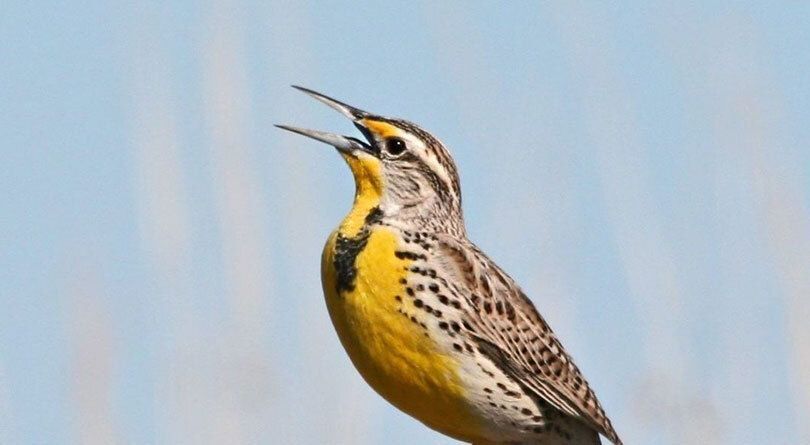
The outbreak of highly pathogenic avian flu (HPAI) that began in January 2022 has continued into another year. In polar regions, biologists have observed mammals with HPAI, including a polar bear, elephant seals, and fur seals. In the U.S., HPAI has spread to foxes, raccoons, mountain lions, seals, and other mammals. Infections among mammals raise concerns that the virus could eventually spread to humans, although the risk of the current strains infecting people is low and cases of human infection are rare. However, people such as pet owners and veterinary care workers should be aware of the signs of HPAI in mammals and take precautions when handling a potentially infected animal, particularly if the animal has contacted or eaten a bird with HPAI. Keeping pets and domestic birds away from wild birds can help reduce the risk.
According to the Animal and Plant Health Inspection Service (APHIS), at the time of writing (late January 2024), there were several recent cases of wild bird mortality from HPAI in the U.S. in California, Florida, Illinois, Iowa, and New York. While the number of reported cases is low relative to peaks of infection in previous years, these cases indicate that HPAI is still circulating among wild birds. The report from Iowa on Dec. 27, 2023, was from Monona, in the eastern part of the state, of a Canada Goose that died of HPAI.
If HPAI is detected in the Omaha area, taking down bird feeders and bird baths temporarily can help slow the spread of HPAI. People living with or near domestic birds should take particular care, because HPAI can spread between wild and domestic birds. Even in the absence of recent HPAI reports in our area, cleaning bird feeders weekly with a diluted bleach solution while using protective gloves can help lower the risk of numerous diseases among frequent feeder visitors.

